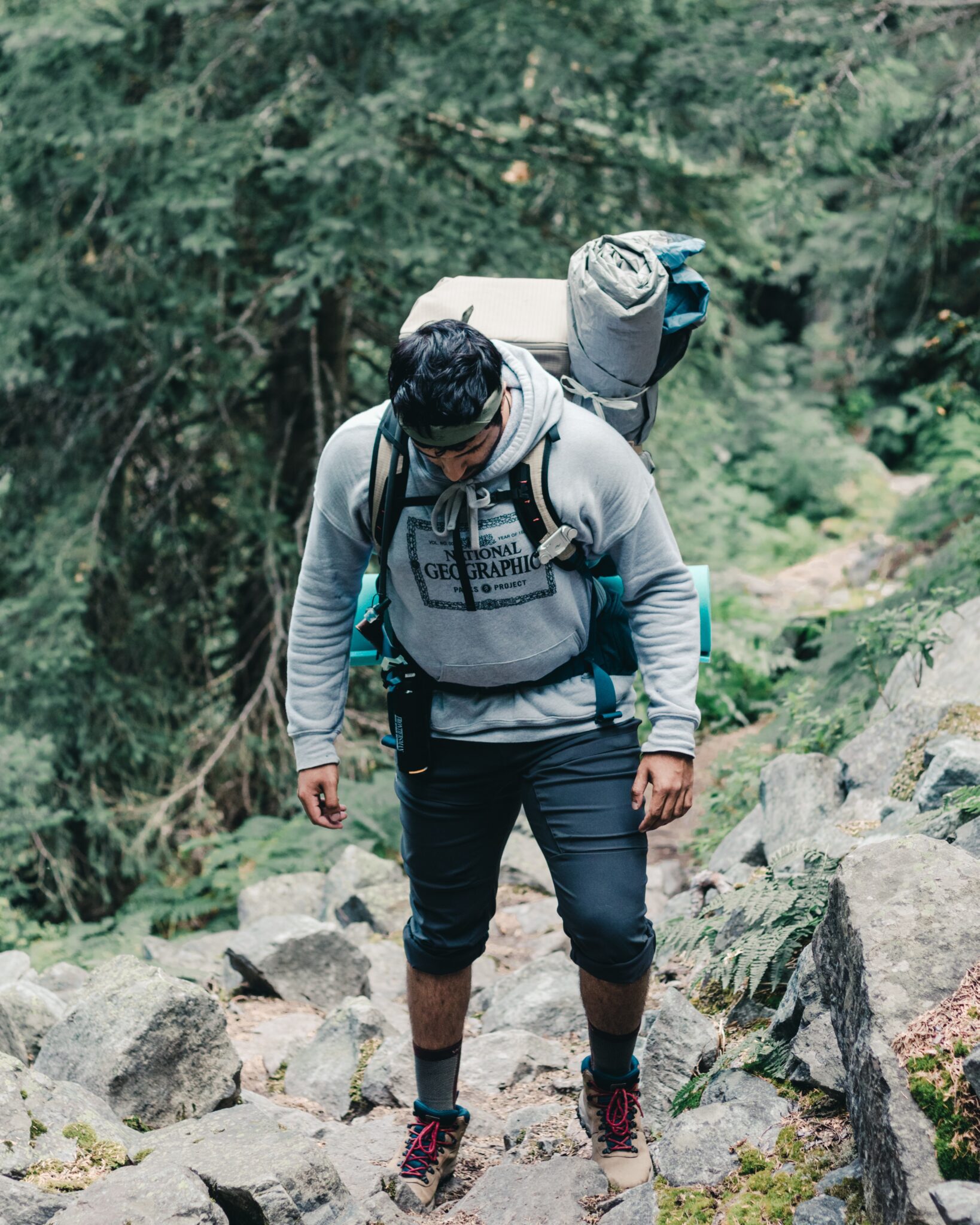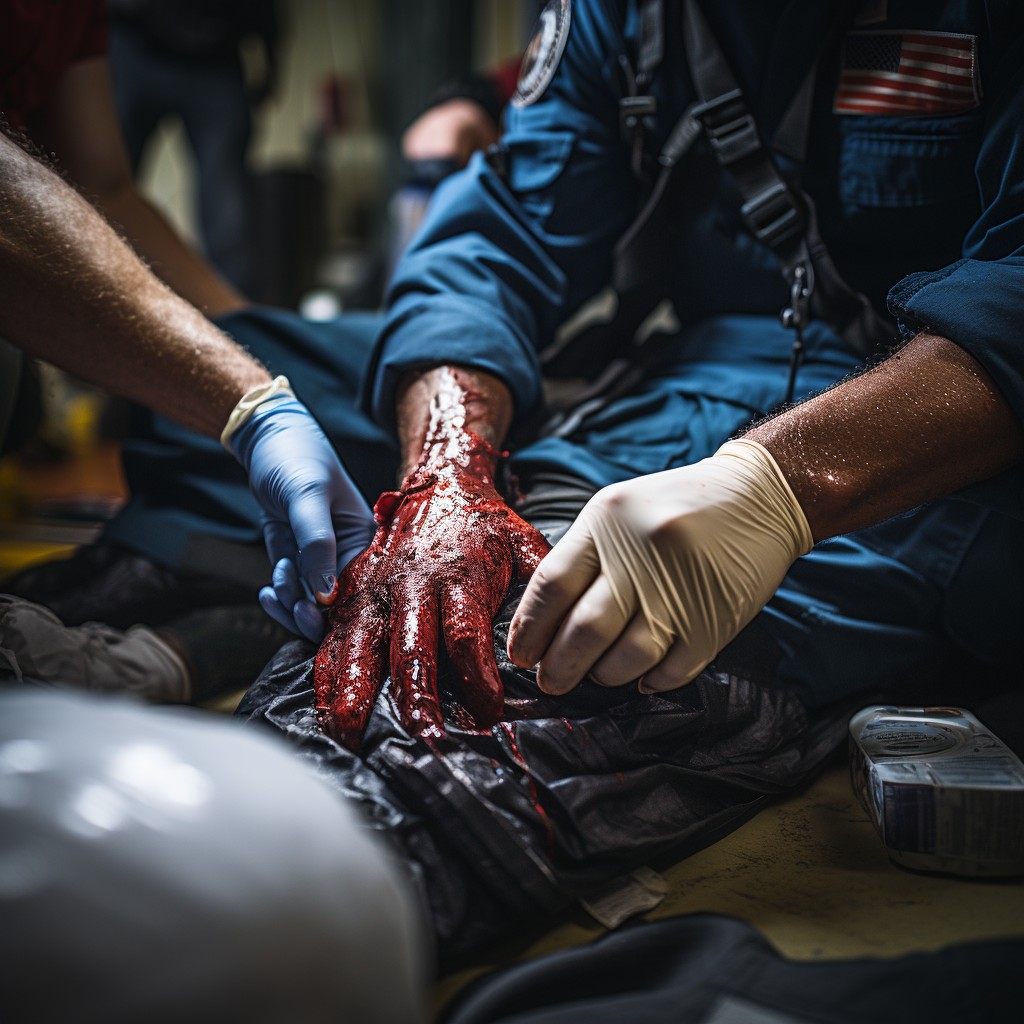What’s it all About, Henry?
Prepping fundamentals is about being prepared to survive natural or man-made disasters.
It’s a lifestyle that makes sure you’re safe and secure and can survive all that life throws at you.
Now you can survive by luck and endure many hardships along the way.
Or you can survive by being prepared, by getting through the hardships comfortably and with a little style.
I prefer the latter.
Prepping Principles
Prepping is anticipating and preparing for various scenarios that disrupt the way you live.
Being proactive in dealing with natural disasters, man-made catastrophes, economic instabilities, and the ilk.
Self Reliance
Being self-sufficient. Not having to rely on anybody or any government department during times of crisis. Taking care of yourself and dependents without outside help. Even being able to survive without the help of the emergency services.
Be Prepared
Being able to survive disaster scenarios by having adequate food, shelter, and medical supplies, and having the skills to make the most of them. Proactively identify potential threats and implementing a prepping plan to keep yourself and your dependents safe.
Assessing Risk
Regularly reviewing the potential risks and threats, locally and nationally. Developing plans and acquiring any additional resources needed to minimise the potential risk.
Sustainability
In the long term, live a sustainable and comfortable life. Eliminating waste, and reducing carbon footprint. Growing your food.
In the Community
Looking after Number One, that’s you, or me, is the top priority. But let’s not forget the people around you. To help them and for sure maybe times when you need their assistance. So seeking out like-minded people is not a bad idea. Share resources, knowledge, and information.
Psychologically Speaking…
Prepping fundamentals is not only about stockpiling cans of food, packing bug-out bags, and planning escape routes. You also need to prepare yourself mentally. The very fact of having prepping on your mind most of the time:
- and continually reviewing your bug-in supplies
- and practicing the use of tools and equipment
- and monitoring local and national newss
can have a negative impact on your mental and emotional health.
The good news is because now you know that, you’re halfway there to managing it.
What is Your Motivation? Ruminate on your reasons to prepare for survival.
Wanting to be self-reliant? Being responsible for the safety of those who depend on you
Uncertainties about the future? and more…
Being clear about why you are prepping will help you stay on track.
Be Realistic
Don’t focus on worldwide worst-case scenarios but take practical and realistic steps to prepare for them.
Accepting the possibility of unexpected events is good for your mental health.
Fake News
Stay informed about what is going on in your community, nationally and internationally. But don’t get caught up in all the negative news. That is only going to give you stress and keep you anxious.
Stress and Anxiety
Look after yourself. Keep fit. Eat healthy foods. Get enough sleep. You’ll feel a lot better physically and mentally.
Develop a Strong Support Network
Connect with people around you that share the same mindset. Encouragement . Mutual assistance. Trusted individuals. Not only physical agreements but support emotionally.
Join local groups
Participate in online communities. Share experiences.
Mutual assistance agreements with trusted individuals
Knowledge is Prepping Power
As well as learning survival skills, prepping fundamentals is all about staying informed and understanding potential threats can be the difference between just surviving and living in style through the crisis.
Staying Informed
In this age of the Internet, social media, and umpteen TV news channels, knowing what’s going on locally and globally is relatively easy.
Advance Warning: Keep an eye and ear open on the news and official websites. Staying ahead of the game gives more time to prepare.
Prepping Groups: Join local and online prepping communities. While some tend towards doomsday, the more informed are easier to collaborate with and share knowledge of current events and how serious they could be.
What are the Potential Threats?
Early on in your prepping planning you need to identify the threats, hazards, and risks, and why you’re actually prepping.
Local Risks: Crime rates and other man-made threats.
Utilities: Reliability and vulnerability of your water and electricity supplies.
Water reservoirs – where are they? Are they half full, or half empty.
Electricity supply – Fed by overhead cables or underground
Natural disasters: Probability of floods, earthquakes, wildfires in your area.
Then look wider: Global conflicts, pandemics, political stability, civil unrest.
Learning Survival Skills
Survival of the Fittest – Darwin’s theory of natural selection kind of fits an apocalyptic world, but that’s not going to happen, right?
Instead, we’re going to keep ourselves physically fit, and just as important we need to have the skills that will help us survive. My Top 10 Survival Skills.
First Aid
Basic first aid skills. Learn how to treat different types of injuries. Know how to perform CPR. Make sure you know how to use everything in your first aid kit. Practice.
Building a Shelter
Know how to build a shelter from the resources around you to protect you from the elements. Maybe camouflage. Practice. Make the practice enjoyable.
Making Fire
Learn different ways of starting a fire under different conditions. Wet, dry, day, night. Practice with your fire-starting kit.
Finding Drinking Water
Learn water collection techniques. How to find water sources. Purification methods. Practice with your water purification kit.
Finding Food
Once your emergency rations are depleted you’ll need to find food. Distinguish between edible and poisonous plants. Have you ever killed a rabbit, skinned and gutted. When was the last time you caught a fish? Practice with your survival tools. More on Bug In - Food and Water.
Orienteering
Don’t rely on sat-nav or Google Maps.
Make sure you have a detailed map of your local area in your survival kit and know how to navigate with a map and compass. Practice. Make it a fun day out.
Orienteering compass: Must have features and nice to have features
Safety
Basic self-defence against personal attack. Home security techniques to protect your home and those inside for when you bug-in.
Preparing for the unexpected is a multi-faceted endeavour, and it’s crucial to establish a strong foundation for your prepping journey.
In Conclusion
Throughout this site you’ll find all aspects of prepping fundamentals and the essential steps of setting your priorities, creating a comprehensive prepping plan, identifying the equipment, and allocating resources effectively to ensure that you are well-prepared for any scenario. Good luck and keep in touch.
Henry









0 Comments